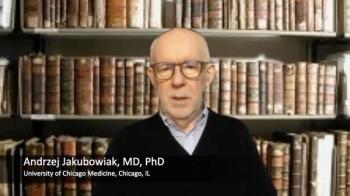
Looking forward, Andrzej Jakubowiak, MD, PhD, anticipates CAR T-cell therapy with ciltacabtagene autoleucel will establish its place across various indications for multiple myeloma.

Your AI-Trained Oncology Knowledge Connection!


Looking forward, Andrzej Jakubowiak, MD, PhD, anticipates CAR T-cell therapy with ciltacabtagene autoleucel will establish its place across various indications for multiple myeloma.
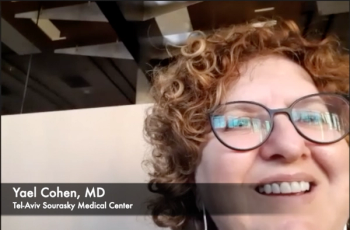
Yael Cohen, MD, sat down with CancerNetwork® to spotlight a number of promising treatments that are under investigation for patients with heavily-pretreated multiple myeloma.
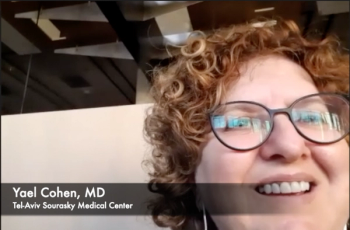
CancerNetwork®, sat down with Yael Cohen, MD, to discuss the research that lead up to the phase 2 CARTITUDE-2 trial, examining the use of ciltacabtagene autoleucel for those with lenalidomide–refractory multiple myeloma

In an interview at the 2021 ASH Annual Meeting, Andrzej Jakubowiak, MD, PhD, dives into response outcomes in different patient subsets of the phase 1/2b CARTITUDE-1 trial of ciltacabtagene autoleucel for relapsed/refractory multiple myeloma.
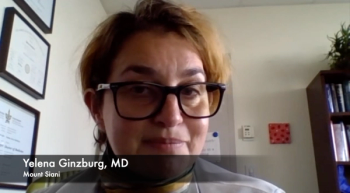
At the 2021 ASH Annual Meeting, Yelena Ginzburg, MD, spoke about presentations she found most groundbreaking.

In an interview at the 2021 ASH Annual Meeting, Andrzej Jakubowiak, MD, PhD, describes how CAR T-cell therapy for patients with heavily pretreated myeloma has the potential significantly impact response and survival outcomes.

At 24 weeks, patients with myelofibrosis transfused with serum ferritin and receiving momelotinib experienced a treatment response.

In an interview at the 2021 ASH Annual Meeting, Andrzej Jakubowiak, MD, PhD, talks about daratumumab-based quadruplet therapies being evaluated in clinical trials and the potential impact they’ll have on the multiple myeloma treatment landscape.
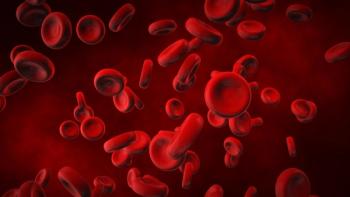
Investigators believe that storing red blood cells in a hypoxic state could reduce the development of vaso-occlusion flowing transfusion.

CD123- and CD3-engaging bispecific antibody, APVO436, caused cytokine release syndrome that could be managed through the use of steroids in patients with relapsed/refractory acute myeloid leukemia and myelodysplastic syndrome.

Patients receiving hematopoietic stem cell transplantation appeared to have improved outcomes and a decreased incidence of acute graft-versus-host disease after being treated with itolizumab.

Patients who have been diagnosed with acute graft-versus-host disease with high levels of amphiregulin could be at a higher risk for early mortality.

Using the International Prognostic Scoring System (IPSS) score and JAK2 mutation status, thrombosis risk could potentially be identified for patients with primary myelofibrosis.
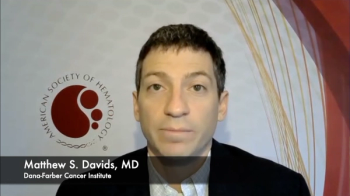
Matthew S. Davids, MD, spoke about which abstracts presented at ASH 2021 he felt were most important.
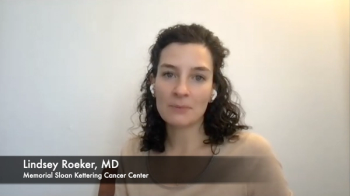
Lindsey Roeker, MD, spoke about data presented at ASH 2021 and what she thought to be most interesting.
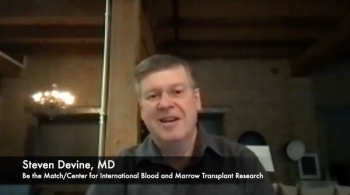
Steven Devine, MD, spoke about which abstracts he found most interesting at ASH 2021.

Patients with triple-class relapsed/refractory multiple myeloma treated with ciltacabtagene autoleucel saw a greater survival benefit over physician's choice of treatment.

Most subgroups of patients with relapsed or refractory, heavily pretreated multiple myeloma showed durable responses at the 2-year follow-up to the CARTITUDE-1 trial.
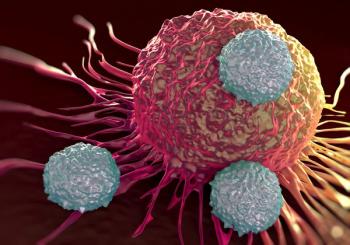
Deep responses were seen with single infusion ciltacabtagene autoleucel for heavily pretreated patients with multiple myeloma who were refractory to lenalidomide.
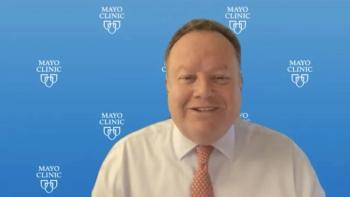
When asked about abstracts he thinks have the greatest potential to impact the standard of care in myeloma, Rafael Fonseca, MD, looked to emerging cellular therapies, specifically ciltacabtagene autoleucel for the treatment of heavily pretreated disease.
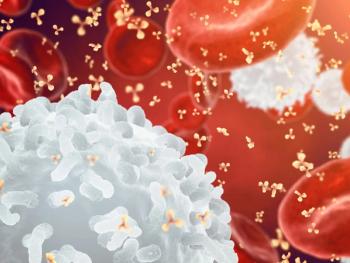
Second-line treatment of lisocabtagene maraleucel demonstrated improved quality of life in patients with large B-cell lymphoma.

Data from a retrospective head-to-head analysis of pacritinib vs ruxolitinib showed that the former was more favorable in terms of symptom response for patients with myelofibrosis and thrombocytopenia.
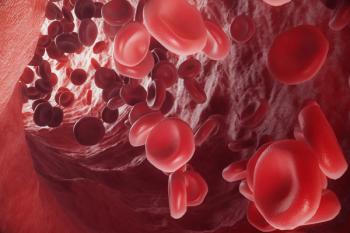
Patients with cytopenic myelofibrosis produced a tolerable safety profile when receiving treatment with pacritinib.
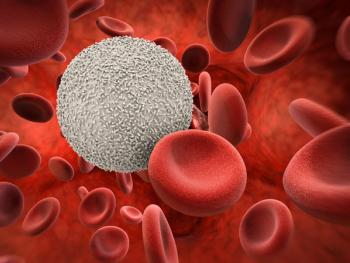
Patients with relapsed/refractory multiple myeloma continue to experience robust and durable benefit from treatment with ciltacabtagene autoleucel.
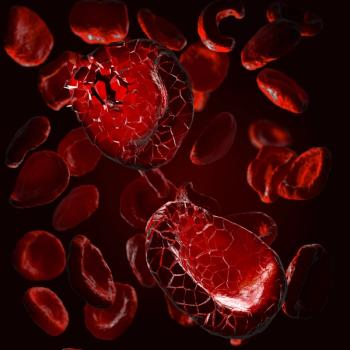
Patients with polycythemia vera who have controlled hematocrit and elevated white blood counts can have increased risk of thrombotic events.

YTB323 led to a promising safety profile and encouraging efficacy outcomes for adult patients with relapsed/refractory diffuse large B-cell lymphoma.
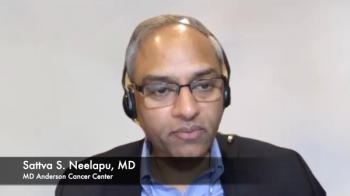
Sattva S. Neelapu, MD, spoke about which abstracts he was most excited to see presented at the upcoming American Society of Hematology Annual Meeting.

Ciltacabtagene autoleucel as a single infusion led to early, durable responses, and demonstrated positive minimal residual disease negativity for patients with multiple myeloma who had early clinical relapse.
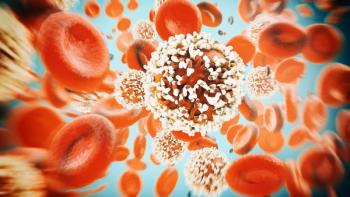
Patients with relapsed or refractory aggressive B-cell non-Hodgkin lymphoma did not benefit in terms of event-free survival when treated with the CAR T-cell therapy tisagenlecleucel vs standard-of-care chemotherapy and transplant.
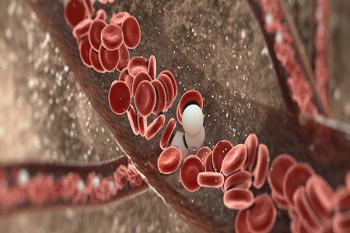
The phase 1b/2 EQUATE study demonstrated high clinical responses to itolizumab for patients with acute graft vs host disease.